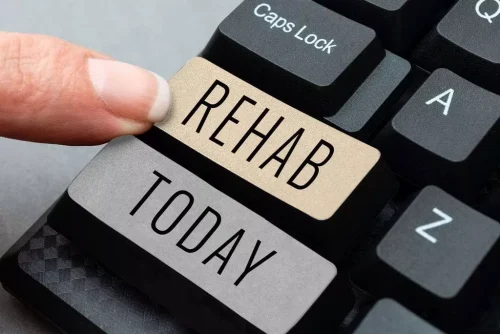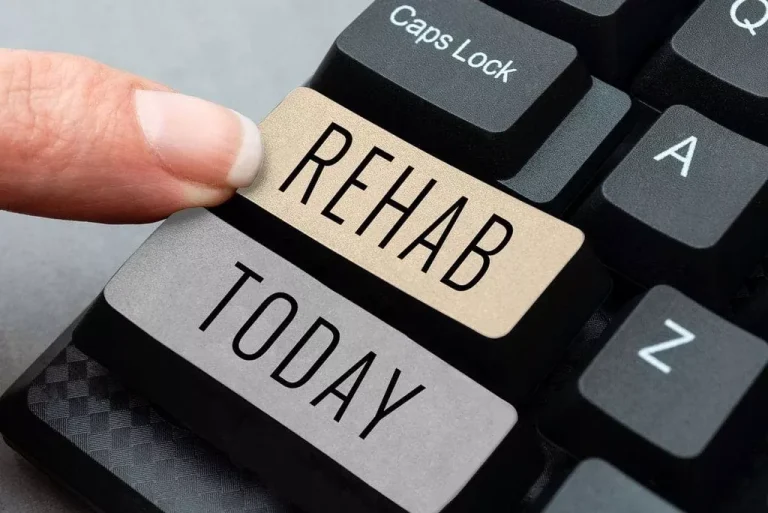Why Alcohol Causes Dehydration and How to Prevent It

This is because when your sodium levels increase due to high salt intake, your kidneys have to increase urine output to keep https://ecosoberhouse.com/ your blood levels of sodium within normal limits. The best way to rehydrate after drinking is to drink plenty of water. You can also drink electrolyte-rich beverages, such as sports drinks, to help restore the balance of salts in your body. Additionally, consuming water-rich foods like fruits and vegetables can aid in rehydration.

How to Avoid Alcohol Dehydration

It’s best to drink while eating or just after, and to snack as you continue to drink. Alcohol’s diuretic effects mean it’s difficult to avoid experiencing some level of dehydration from drinking. However, you may be able to minimize its severity by following a few simple tips. When you are dehydrated, there is less blood travelling around the body. In response, the heart may start beating faster (tachycardia) to help move blood around the body.
What is considered a “drink”?
When you’re dehydrated, you have a lack of water in your body and it doesn’t have enough water to perform its necessary functions. Mind you, you’ll be a bit better off than if you didn’t drink any extra water at all, but you’ll still be dehydrated. So in general, each shot of alcohol makes you urinate an extra 120 millilitres of urine on top of your normal urine output. Five common symptoms of dehydration include tiredness, dry skin and lips, thirst, dark pee, and not peeing as often. Still, enjoying these drinks in moderation and pairing them with other beverages in your diet, such as water, is unlikely to cause dehydration.

Dehydration From Alcohol: 5 Tips to Prevent and Treat It

The night is off to a great start and you’re catching up with friends and family. Then you suddenly start to feel the effects of more alcohol than your body’s used to on a regular evening. You weren’t planning for a headache, nausea, and endless trips to the bathroom to interrupt this party.
When you notice these signs, it’s important to start drinking more fluids – this can be water or other healthy drinks – so you can correct any dehydration. In addition to limiting certain foods and drinks, you can eat more hydrating foods, like fruits and vegetables, and drink adequate amounts of water to maintain optimal hydration. You can combat dehydration by cutting back on foods high in added salt, like fast foods, chips, and pizza, and limiting your intake of alcohol and drinks very high in caffeine. Regularly consuming does alcohol dehydrate you high-salt foods can harm your hydration status and increase your risk of common health conditions, such as high blood pressure and kidney disease. Following a high salt diet can contribute to dehydration by increasing water loss through the urine.
- You’re likely to urinate 100 mL more for every standard drink you consume (10 mL of alcohol).
- Alcohol restricts blood vessel dilation and increases heart rate, which explains why drinking can cause arrhythmia and elevated blood pressure.
- Whether you’re exercising or just out in the heat, sweating causes a loss of fluids and electrolytes.
- We created our BodyBio E-Lyte concentrate to counteract the effects of dehydration and boost electrolyte and mineral stores to help alleviate symptoms across the board.
Dehydration occurs when the body does not have sufficient amounts of fluid to function effectively. Alcohol has a dehydrating effect on the body, especially when a person consumes it in large quantities. As you drink alcohol, it accumulates in your body—especially if you drink large amounts at a fast pace. The higher your blood alcohol level is, the more you will notice its effects. Drinking after a nutrient-dense meal of healthy carbohydrates, protein, fiber, and fats provides more of a “slow release” effect. Because the antidiuretic effects kick in more slowly, you are less likely to experience dehydration.
And just like the other beverages on this list, sipping them throughout the day can contribute to dehydration. Not to mention, sugary fruit juices are also linked to higher calorie intake. Alternatively, choose whole fruits over juice whenever possible to ensure you’re still getting fiber and other nutrients that help keep you hydrated.
- Up to 80% of your water intake comes from fluids, which is why drinking fluids throughout the day is the most important factor in maintaining optimal hydration.
- By implementing these strategies, you can help counteract the dehydrating effects of alcohol and maintain better overall hydration and health.
- Between your Thursday night wine and your Saturday night cocktail, you have a fairly good sense of what kind of hangover you’re in for on Friday and Sunday mornings.
When you’re feeling thirsty or dehydrated, reaching for a refreshing beverage may seem like common sense. Severe dehydration can cause feelings of dizziness, the appearance of sunken eyes, fainting spells, increased heart rate, and even loss of consciousness. However, water might build up in other areas as our body tries to hold onto the fluids it has. We’ve had a night out, and the next morning we wake up and aren’t feeling well.
Electrolyte imbalance can exacerbate dehydration and worsen the unpleasant aftereffects of drinking alcohol, including headaches, low energy, muscle aches, and poor sleep. The duration alcohol stays in your system depends on several factors, including the amount consumed, your metabolism, body mass, age, hydration level, and the health of your liver. On average, the liver can process one standard drink per hour. However, alcohol may be detected in the blood, urine, and breath for longer periods, depending on the type of test used. However, it’s important to be aware of the fine line between casual drinking and dependency. If you find yourself struggling to control or limit your alcohol intake, it may be time to seek professional help.
